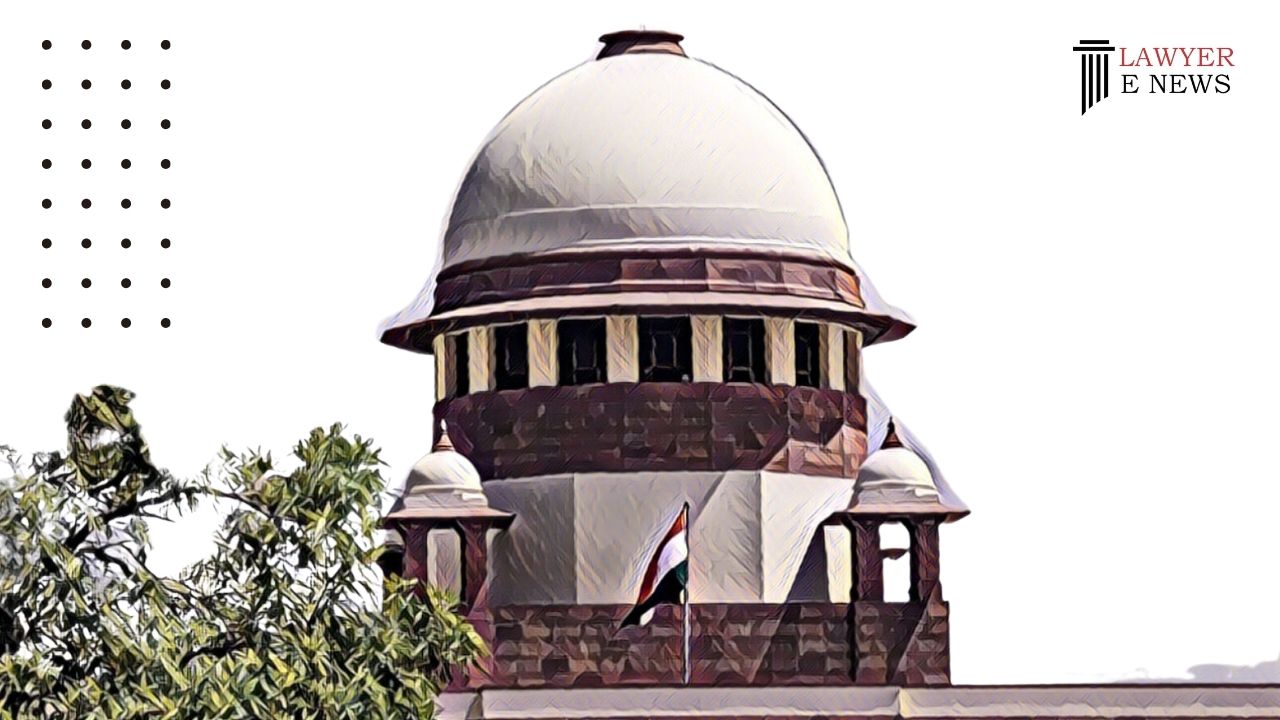-
by Admin
16 February 2026 1:47 PM



In a significant judgment, the Supreme Court of India has upheld the validity of Rule 9(3) of the Chartered Accountants (Procedure of Investigation of Professional and Other Misconduct and Conduct of Cases) Rules, 2007. The Court dismissed the appeal claiming the Rule was ultra vires of the Chartered Accountants Act, 1949.
The appellant, Naresh Chandra Agrawal, challenged the action of the Board of Discipline of the Institute of Chartered Accountants of India (ICAI) for referring the matter to the Disciplinary Committee despite the Director (Discipline) finding no prima facie case of professional misconduct. The appellant argued that Rule 9(3) of the Rules, 2007, which allowed the Board to proceed with the matter or refer it to the Disciplinary Committee, was ultra vires of the parent Act.
Justice Aravind Kumar, while dismissing the appeal, emphasized the importance of maintaining the integrity and accountability of the chartered accountancy profession. He observed, "It is imperative that the disciplinary mechanism under the Act is robust and effective to uphold the standards of the profession."
The Court referred to the 'generality versus enumeration' principle, noting that while specific enumerated powers in the Act are illustrative, they do not restrict the general power conferred under Section 29A(1) of the Chartered Accountants Act. The Court asserted, "The general power to make rules for carrying out the Act’s purposes encompasses ensuring a comprehensive mechanism to address professional misconduct."
The Supreme Court held that Rule 9(3) of the Rules, 2007, is not ultra vires but well within the ambit of the general power conferred by the Act. The Rule serves the Act's purpose by providing a thorough procedure for dealing with allegations of professional misconduct.
Date of Decision: February 08, 2024
Naresh Chandra Agrawal vs. The Institute of Chartered Accountants of India and Others
